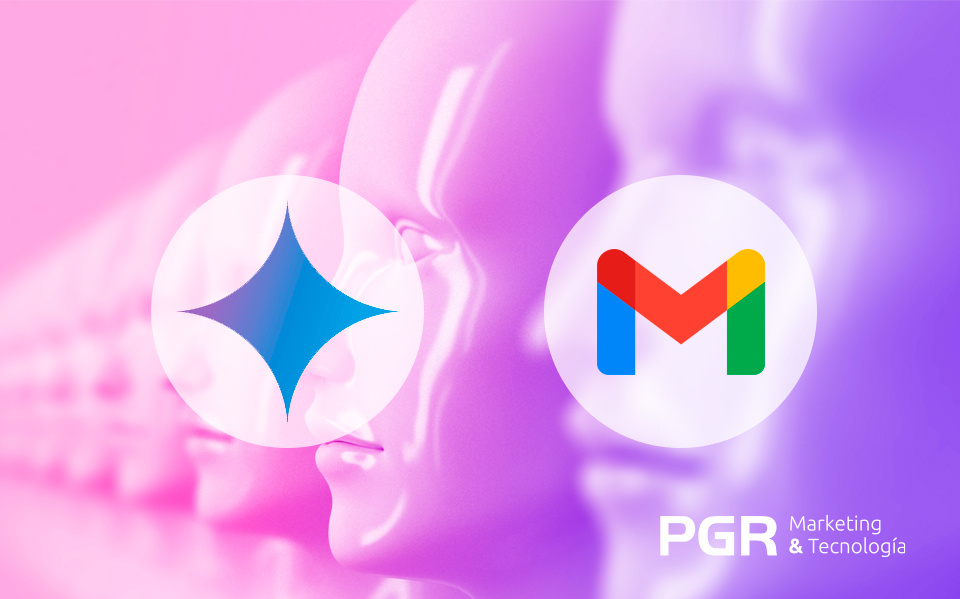
Google continues to invest heavily in artificial intelligence and is making steady progress with the development of Gemini and its more interactive version: Gemini Live. This tool, which is already beginning to include features like video analysis and real-time screen sharing, promises to transform the way we create and optimise content.

Google is determined to complicate things for its competitors and, to do so, is leveraging its vast ecosystem of applications to enhance them with artificial intelligence. Now, it's the turn of its most popular tool: Gmail.

In a work environment where information grows exponentially, finding relevant data and drawing precise conclusions can become a challenge. Professionals need to quickly access reliable knowledge, without wasting time navigating through emails, documents, and past meetings, as well as complementing their work with up-to-date information from the web.

Do you want your company to stand out in a saturated market? B2B companies face the challenge of differentiating themselves while capturing the attention of potential customers. In this context, email personalisation with AI becomes a key strategy, going beyond simply including the recipient's name to offer truly relevant messages. However, its implementation comes with significant challenges.

In an environment where information is generated in multiple formats, IT companies need tools that streamline access to and analysis of audiovisual content. Every day, teams participate in virtual meetings, attend webinars, or watch technical conferences that are recorded on video.